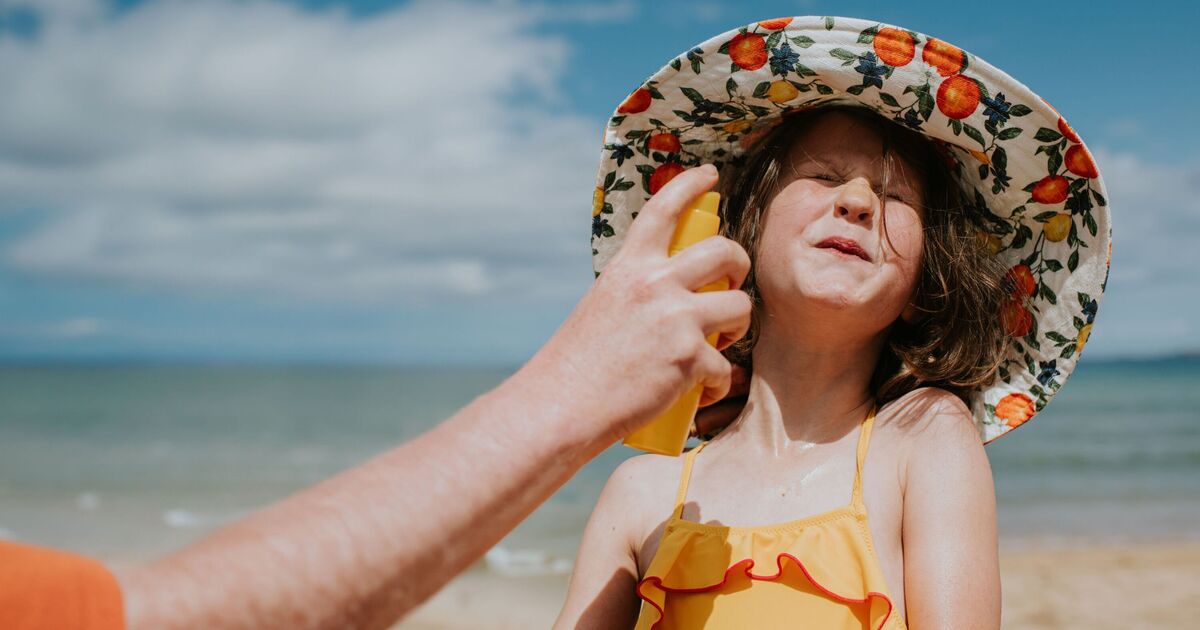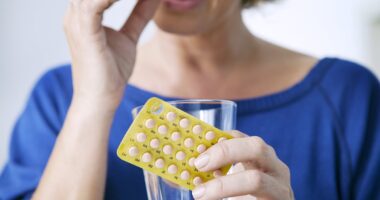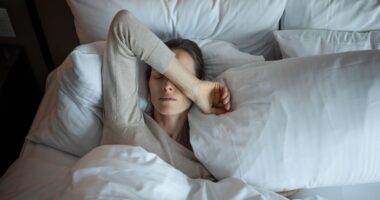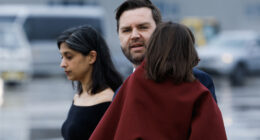Allergies
Seasonal allergies, including hay fever, can make life a misery but you can take steps to minimise symptoms. Take antihistamines and use a nasal spray, limit your time outdoors and keep your windows closed. Dry your washing inside and change your clothes as soon as you come indoors.
Burns
According to the Royal Society for the Prevention of Accidents, outdoor cooking causes hundreds of accidents each year. To treat a barbecue burn, immerse it in cold water or under a hose for 15 to 20 minutes before cleaning it and covering it with a sterile dressing. If the burn is deep, on the face, hands, feet or genitals, is larger than three inches or looks infected, then go to A&E.
Corns
Wearing sandals or shoes without socks in the summer causes friction and can lead to corns or calluses. To treat them, soak them in warm water to soften them and use a pumice stone or foot file regularly to remove hard skin. Moisturise the skin and consider using soft insoles or heel pads in your shoes.
Drinking too much alcohol
Not only can drinking in the sun lead to dehydration and an increased risk of heat stroke, but experts warn it can also have a detrimental effect on your heart.Excessive alcohol consumption with prolonged exposure to heat places a strain on your organs, making your heart beat faster, causing palpitations and dizziness. Know your limits.
E.coli
Most often found on contaminated food, E.coli can also be present in lakes, rivers and streams. Seek medical advice if after swimming you have diarrhoea for more than three days, have bloody diarrhoea, can’t keep fluids down, are vomiting frequently but urinating very little or feel confused, weak or lethargic.
Food poisoning
There are approximately one million cases of food poisoning in the UK each year, with most occurring in summer. To stay safe, keep your barbecue grill clean, defrost food thoroughly in the fridge before cooking, keep raw and cooked food separate and ensure meat is cooked through.Make sure creamy salads and desserts and side dishes containing meat, fish or dairy don’t sit out in the sun for long periods of time.
Gluttony
We often think of summer as a time for salads, but it still comes with diet pitfalls. One survey showed Brits eat around 3,200 calories per barbecue and one scoop of ice cream will add around 200 calories. Try to stick to lean meats, non-creamy salads and vegetables, and drink water rather than calorific soft drinks.
Heatstroke
If heat exhaustion turns to heat stroke it should be treated as an emergency. Seek help if you experience tiredness, dizziness, sickness, nausea, excessive sweating, pale or clammy skin, fast breathing or heartbeat, a high temperature, cramps in the arms, legs or stomach, extreme thirst or weakness.
Insect bites
Treat insect stings and bites by washing the affected area with soap and water and using a cold compress to reduce swelling. Avoid scratching as this will cause infection. Seek medical help if you experience wheezing or difficulty breathing, nausea, vomiting or diarrhoea, an increased heart rate, difficulty swallowing, dizziness or confusion.
Jellyfish stings
Most jellyfish stings are mild and can be easily treated, although it’s a myth that urine is the best remedy. Bathe the area in salt water and use a hot or cold compress to reduce swelling. A hot shower will help rinse the stingers out. You can also apply a topical painkiller or take ibuprofen.
Kissing
Exposure to sunlight and dry, cracked lips are a trigger for cold sores, so these often occur in summer. Prevent them by using a UV lip balm, getting plenty of vitamin C and eating foods rich in lysine and zinc, such as legumes, beans and cheese. Avoid kissing anyone with active blisters as this is how the herpes virus spreads most easily.
Lyme disease
Lyme disease is a bacterial infection spread by infected ticks so it’s important to check your skin for any ticks after being outside. Use tweezers to remove them and then clean the bite thoroughly. A rash that looks like a bullseye around a tick bite can be an early symptom of Lyme disease, so seek help if you experience this or flu-like symptoms up to three months after being bitten.
Mental health issues
Summertime sadness does exist and although most sufferers of seasonal affective disorder struggle during the winter, statistics show that around 1 per cent of the UK population feels worse in summer. Hot temperatures and humidity can trigger anxiety and an increase in cortisol, the stress hormone. There’s also increased pressure to have fun and the tendency to compare our bodies negatively with others. If you’re struggling, spend time in a cool, dark room, reduce screen time, exercise regularly and seek help from your GP or call Samaritans on 116 123. Visit mind.org.uk for help and advice.
Night sweats
Summer temperatures are one of the most common triggers for night sweats. To combat these, avoid alcohol, spicy food and citrus fruits.Eat light meals and cool your room with a fan. Choose cotton or linen bedding and nightwear as these prevent overheating.
Outdoor injuries
As the weather heats up, more of us choose to exercise -outdoors. Avoid injury by making sure you warm up properly. Start any new activity gradually and make sure you warm down thoroughly. Let your body acclimatise to the heat and, most importantly, stay hydrated.
Pink eye
Allergic conjunctivitis, or pink eye, is most prevalent in spring and summer when it’s triggered by pollen and an increase in house dust. If you are suffering from red, itchy, swollen or watery eyes, avoid rubbing them. Apply a cool compress and rinse the eyes with saline eye drops. Antihistamine eye drops or steroid eye drops can treat more severe cases.
Queasiness
Summer road trips, plane journeys and even boat rides can be a nightmare for those who suffer from motion sickness. To combat that queasy feeling, try over-the-counter travel sickness tablets, patches or acupressure bands. Ginger can also help ease nausea.
Rashes
Heat rash, or prickly heat, is usually harmless but very uncomfortable. If you develop heat rash, stay out of the sun, take a cool shower or bath and drink plenty of fluids. Calamine lotion and antihistamine tablets can help ease discomfort.
Swimming
On average, 400 people drown in the UK each year. If you are swimming in open water, find a lifeguarded area and don’t jump straight in as the water will be colder than you expect. Be aware of rip currents and if you are caught in one, swim with the current and call for help.
Tanning
Sadly, there’s no safe way to get a tan from the sun. According to the National Institute for Health and Care Excellence (NICE), adults need between six and eight teaspoons of sun cream with each application and should always use SPF30 or above.
UTIs
Urinary tract infections (UTIs) flourish in the summer months as heat and humidity can cause germs to grow.Dehydration is also a factor. If you experience pain or burning when you urinate, frequent urination, pain in your back or lower stomach, fever or chills, see your GP.
Vitamin D
Even in summer, many of us still don’t get enough vitamin D. Experts recommend daily sunlight exposure of 10 to 15 minutes between April to September for sufficient year-round vitamin D intake. For darker skin tones, 25 to 40 minutes is recommended.
Water
Drinking contaminated water can lead to diarrhoea, hepatitis A, typhoid and cholera, so always check if the tap water is safe in your holiday destination. If you’re unsure, stick to bottled or boiled water for drinking, rinsing fruit and salad and brushing your teeth.
X-rated diseases
Research shows one in 10 Brits has caught a sexually transmitted infection on holiday. To stay safe, always use a condom when you have sex and get tested if you notice any sores or bumps on your genitals, unusual discharge, rashes, vaginal bleeding or pain during sex.
Yellow urine
Dark yellow or amber coloured urine is a sign you’re dehydrated, so if you notice this then you should drink more water. Dehydration can lead to heat stroke and kidney stones, so ensure your urine is a pale or transparent yellow colour.
Zzzs
Longer days and hotter, humid temperatures can play havoc with our sleep. For the very best Zzzs, stick to your usual bedtime routine, keep your bedroom dark and cool and slowly decrease your exposure to light throughout the day. You should also avoid caffeine eight hours before bedtime.










